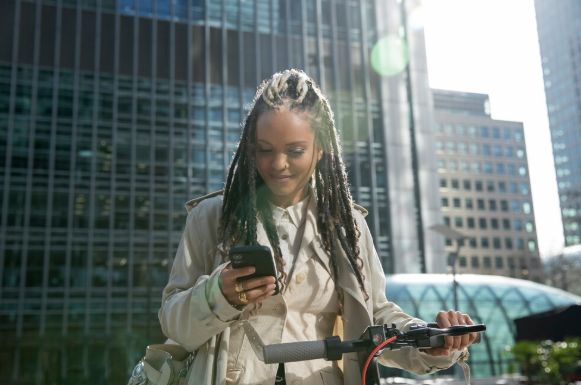Introduction
In the 21st century, technology has become an integral part of everyday life. From how we communicate and work to how we learn and shop, modern technology has transformed the way we live. While it has brought immense convenience and connectivity, it also raises questions about its long-term effects on our lifestyle, health, and relationships.
In this article, we explore the impact of technology on modern life — covering its benefits, challenges, and what the future holds.
Communication Revolution
Perhaps the most significant impact of technology is how it has revolutionized communication. Gone are the days of handwritten letters and landline phones. Today, we have:
- Instant messaging apps like WhatsApp and Telegram
- Video calling platforms such as Zoom, Skype, and Google Meet
- Social media networks like Facebook, Instagram, and X (formerly Twitter)
These tools have made it easier to stay connected with family, friends, and coworkers, regardless of location. Businesses now rely heavily on digital communication, making remote work possible and efficient.
Technology in Education
Technology has transformed education from traditional chalkboards to digital smartboards. Some major changes include:
- Online learning platforms like Coursera, Khan Academy, and Udemy
- E-books and virtual libraries
- Interactive learning through AR/VR
Students now have access to a world of knowledge at their fingertips. Moreover, remote learning has made education accessible to people in remote or underserved areas.
Healthcare Advancements
Modern medical technology has revolutionized diagnosis, treatment, and patient care. Key innovations include:
- Wearable health devices (smartwatches, fitness bands)
- Telemedicine and online consultations
- AI-powered diagnostics and robotic surgery
These advancements have increased the accuracy of diagnoses and improved the efficiency of healthcare services, especially in rural areas.
Impact on Employment and Work Culture
Technology has reshaped the workplace. Automation and artificial intelligence are taking over repetitive tasks, increasing productivity and reducing errors.
Some key changes include:
- Remote work and hybrid work models
- Collaboration tools like Slack, Trello, and Notion
- Rise of gig economy (freelancing platforms like Upwork, Fiverr)
However, automation has also led to job displacement in sectors like manufacturing and data entry. Reskilling and digital literacy are now essential for future job security.
Daily Convenience and Lifestyle
Smart technologies have made daily life more convenient. From smart homes to digital wallets, our lifestyles are becoming more connected.
Examples include:
- Smart home assistants like Alexa and Google Home
- Online shopping via Amazon, eBay, etc.
- Food and grocery delivery apps
We can now manage household appliances, pay bills, or shop from the comfort of our homes.
Environmental and Ethical Concerns
Despite the advantages, technology also presents environmental and ethical challenges:
- E-waste generation from discarded devices
- Data privacy concerns with AI, social media, and mobile apps
- Addiction and mental health issues due to screen time
Sustainable technology and ethical guidelines are necessary to mitigate these negative effects.
Future of Technology: What Lies Ahead
The future promises even more transformative innovations. Some emerging trends include:
- 5G and beyond: Faster internet, better connectivity
- Artificial General Intelligence (AGI): Machines that can learn and reason
- Quantum computing: Solving complex problems at lightning speed
- Metaverse and Web3: Immersive digital worlds and decentralized internet
With great power comes great responsibility. As technology advances, governments, companies, and individuals must work together to ensure ethical and inclusive growth.
Conclusion
Technology is a double-edged sword. It has significantly improved the quality of life by making services faster, information more accessible, and global communication easier. However, it also brings challenges like job displacement, privacy risks, and mental health concerns.
To truly benefit from technology, we must use it responsibly, promote digital literacy, and adapt to a rapidly changing world. The key lies in balancing innovation with mindfulness.


